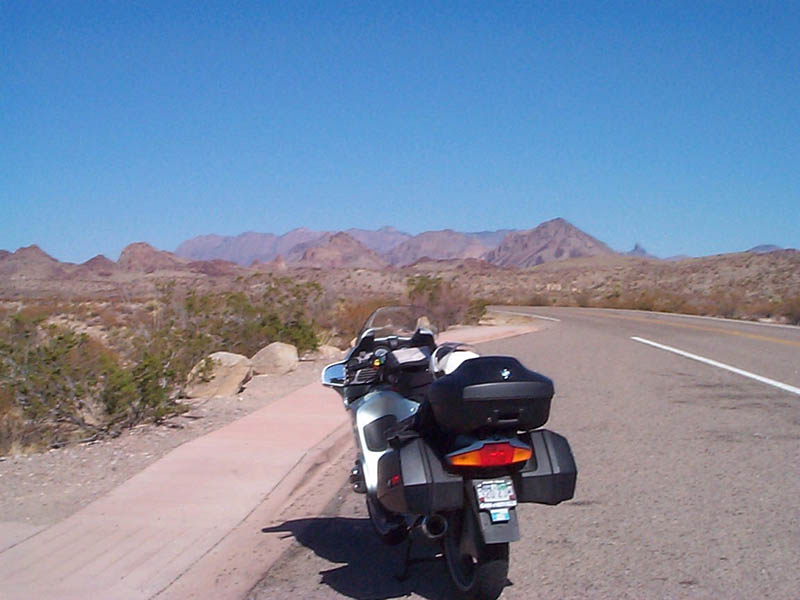LAS VEGAS. If American Airlines flight 1417 from Dallas is any indication, we’re well on our way to recovery. I checked a bag at the curb and breezed through inspection with a laptop computer. I used the two hours before boarding to catch up on some reading.
The flight itself was nearly fully booked. My coach row of six seats was full, the row in front had an empty seat, and it pretty much went like that to the front of the plane— over 90 percent occupancy.
It was as un-comfortable as any flight before September 11th.
No one trembled. No one appeared over-medicated.
It was just a normal, crowded, altogether routine flight from Dallas to Las Vegas. The return flight was less crowded, pleasantly so, with about a 50 percent load factor. Average the two flights and you’ve got a 70 percent load factor, enough for American Airlines to make some money.
The hotel where I am staying, the Regent Las Vegas, is about 11 miles from downtown or the Strip. So I arrange to share an airport limo with a woman who has flown in from Washington DC for some cosmetic dental work. On the way, the driver says weekdays are still slow but things had been back to normal on the previous weekend.
The hotel we’re going to, he says, has just been sold in bankruptcy to a new investment group. They’ve promised, he says, to come up with $85 million in cash by November 15th.
The amount of money is impressive. But it’s a ‘catch-a-falling-knife’ deal, a long drop from an original investment, said to be $275 million. The loss seems enormous but these things are all relative. Plenty of dot-coms have been 100 percent losses and there are plenty of technology stock mutual funds that have lost 70 percent in the last year.
We should expect a very fancy hotel, the driver tells us.
He isn’t exaggerating.
It has nearly as much marble and glitz as Charles Keating’s famed Phoenician Hotel. (Mr. Keating* is the financier who built the luxury hotel and whose empire officially unraveled in April 1989 in the midst of the savings and loan crisis.) It can get in the ring with the Broadmoor in Colorado Springs, provided you will allow 100 percent parity between glitz and class. It has palatial bathrooms in marble, mirror, and mahogany. My suite— an upgrade for the inconvenience of arriving early— has a powder room, bar, four-poster king bed, and a long balcony overlooking a nearby golf course.
Even so, the casino downstairs isn’t very busy during the day. It isn’t that much busier at night. There simply aren’t enough people playing the slot machines to pay for all that marble.
This is not typical.
As I walk through the Venetian’s casino on my way to visit the new “Art of the Motorcycle” show at the new Las Vegas Guggenheim, the tables and slot machines are crowded. It’s only three in the afternoon.
That morning I sat in on the 18th annual meeting of the Builders Marketing Society, a professional group that takes on the task of marketing and selling major housing developments. In a round robin, members from different areas tell the group how they are doing and what’s happened. A man from Virginia says things came to a stop when 30,000 people from his area got on aircraft carriers and left for the Middle East. Others say there has been a pause, but quickly point out sales had slowed well before September 11th. Indeed, the consensus is very clear: sales of luxury housing have virtually stopped, but sales of ordinary houses continue, at a more modest pace.
We could do a lot of hand wringing over this.
The consumer, after all, is about two thirds of the economy. Housing is a prime object of consumer spending.
But the worry forgets a major fact: our economy churns through billions in mistakes and misjudgments every year. It does this routinely. Business failures are expected. Personal bankruptcies occur in the best of times. Collectively, we survive it all.
So maybe we need to look at things differently.
We live in a country that is almost unfathomably rich, where hundreds of millions will be bet on a continuing supply of people who will fly to a new hotel in a city that has no productive or natural reason to exist. All so the visitors can lose money as an entertainment.
As I said, unfathomably rich.
We don’t have a desperate surplus of luxury housing. We have a temporary shortage of millionaires. We’ll produce more millionaires, as we always have, in due course.
(c) A.M. Universal, 2001
*An earlier visit to the famed Phoenician Hotel in Phoenix
